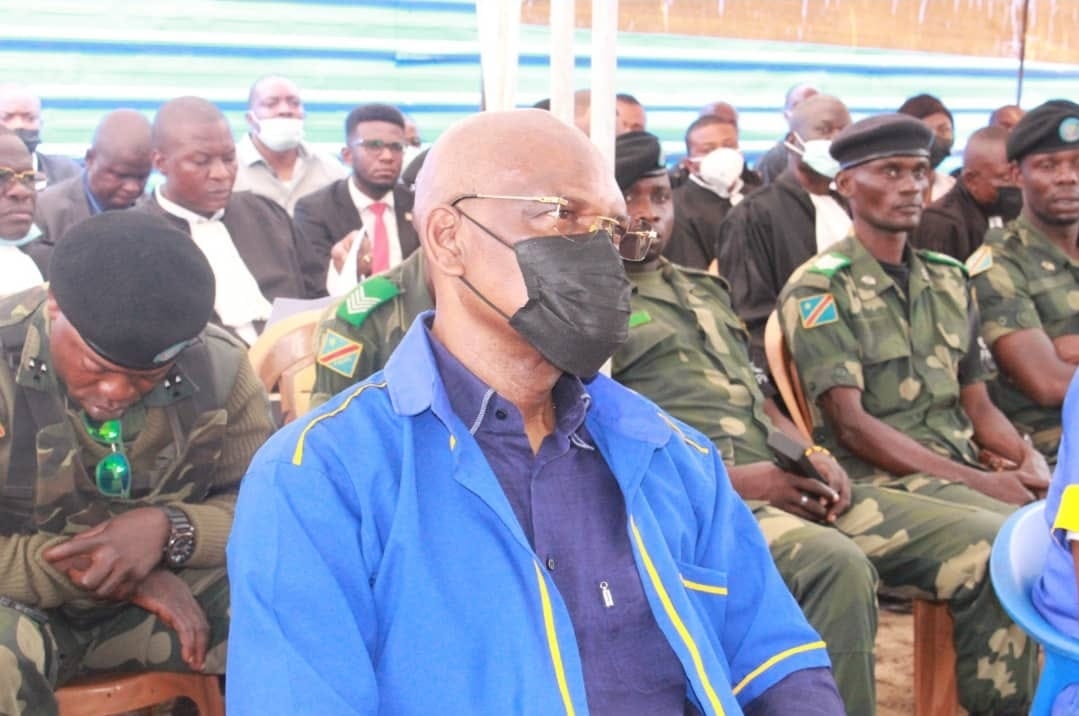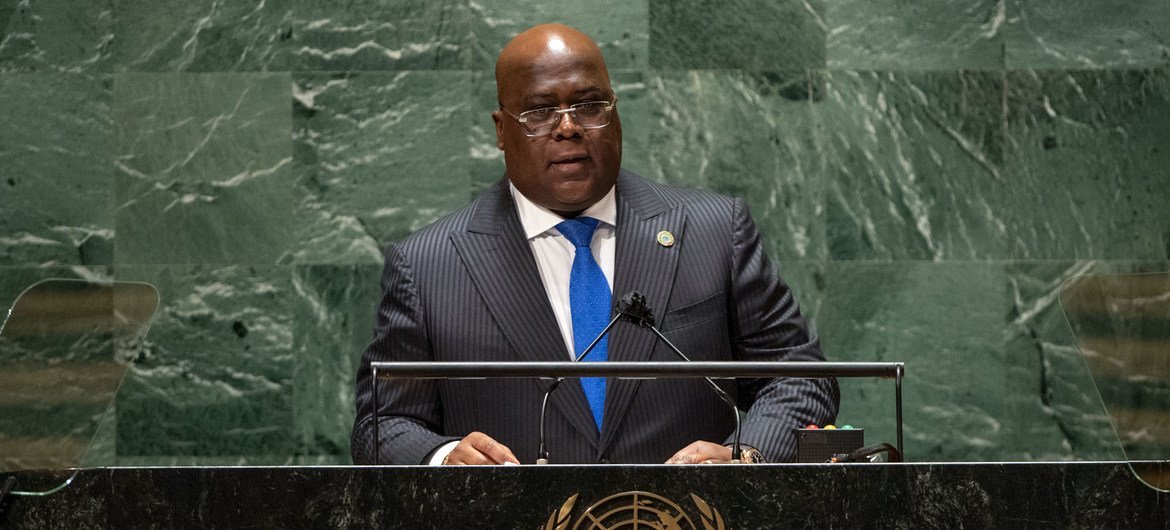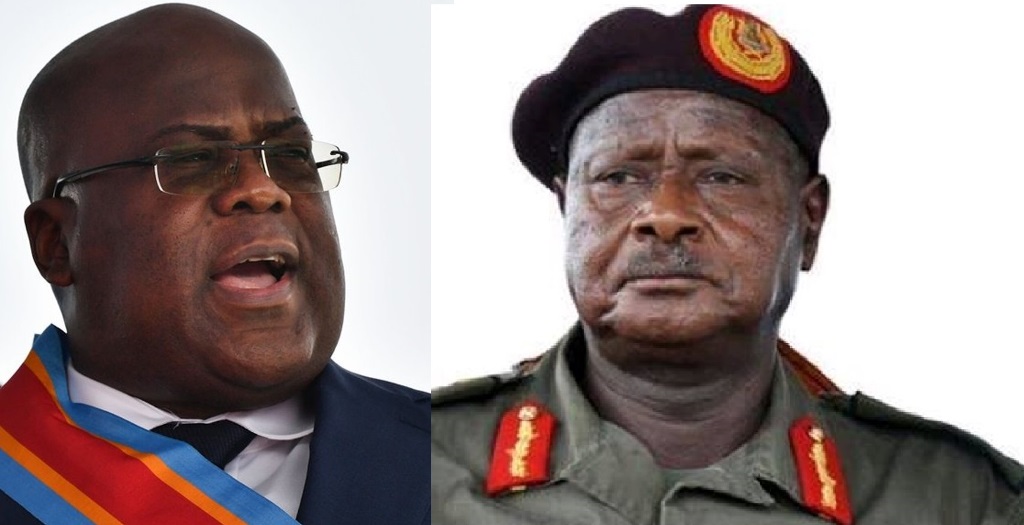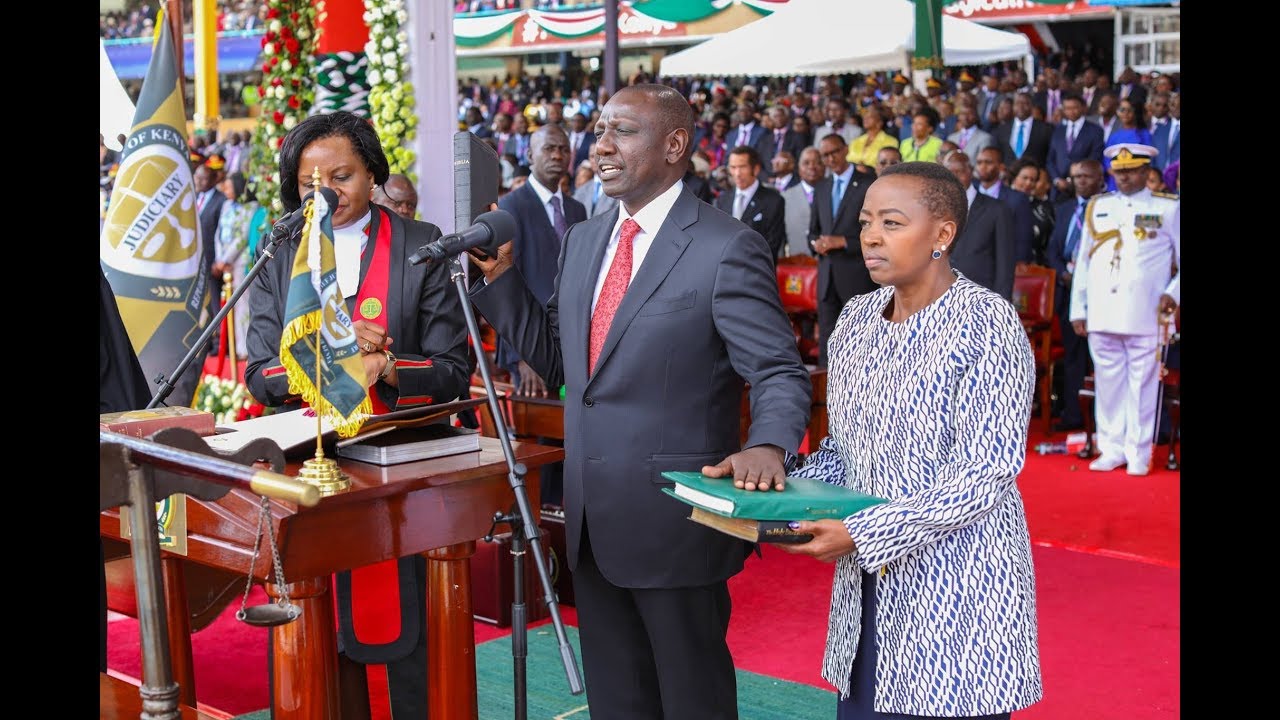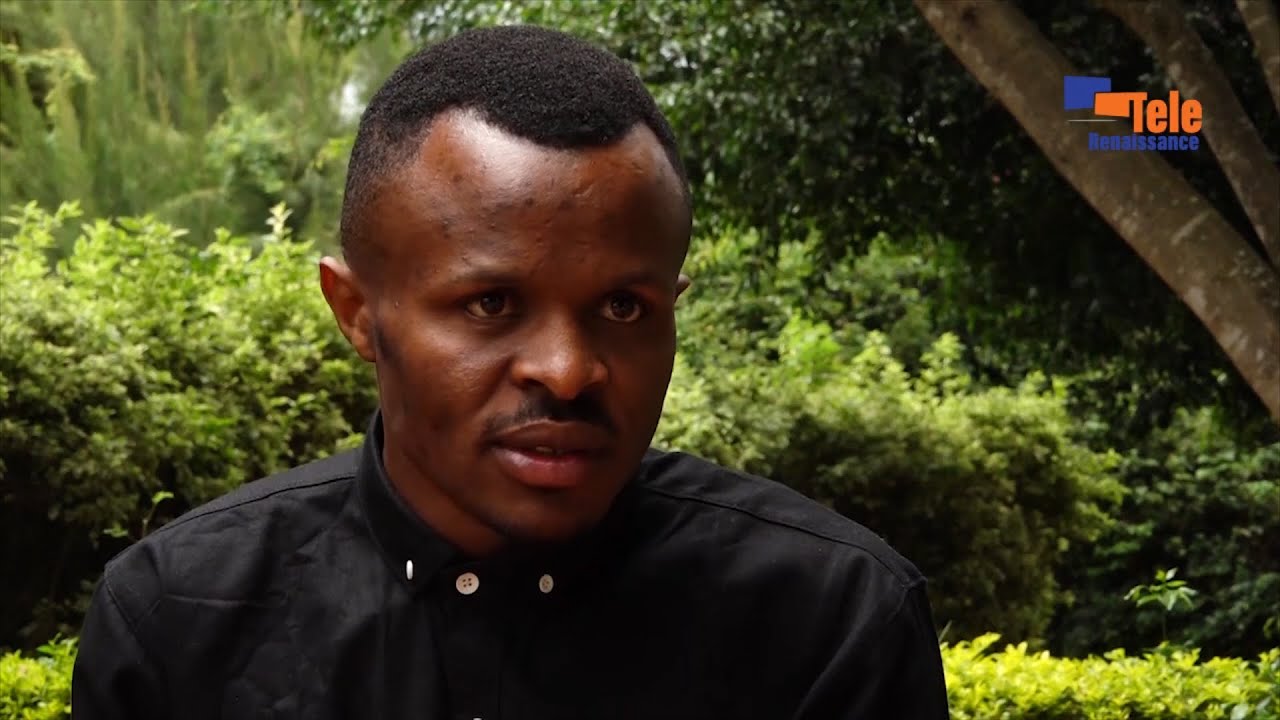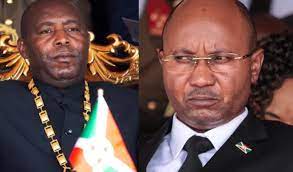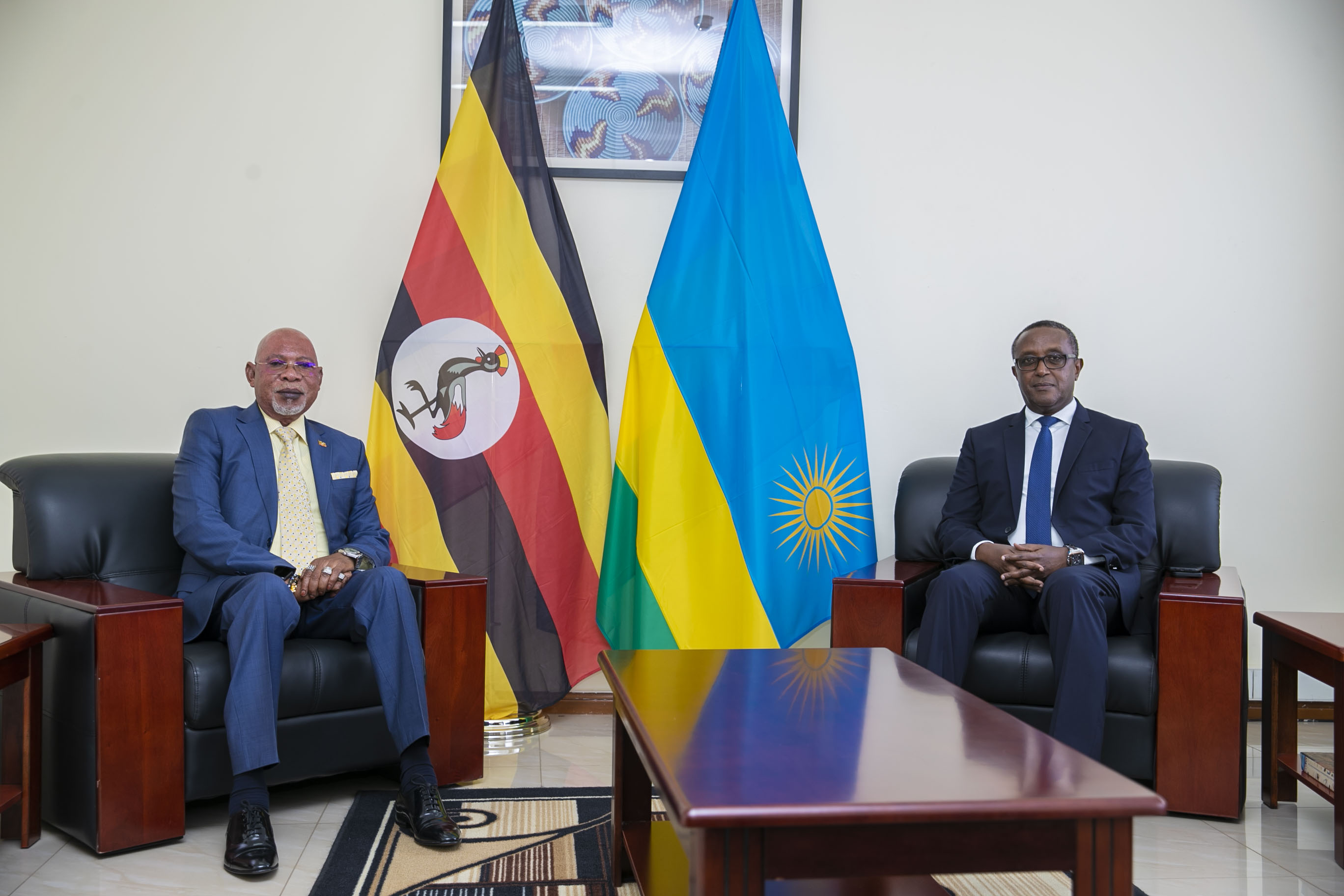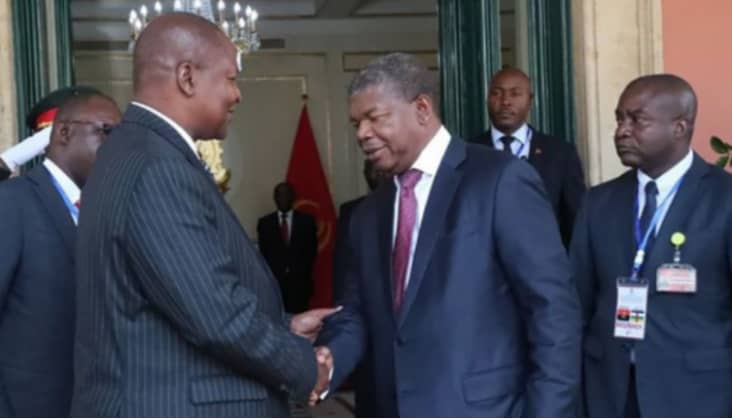Regional
Presidential transition
Rwanda should not be compared to Kenya

The view of Kigali in 1990 (left) and how it looked in 2020 (right)
Following
the swearing in of Kenya’s new President, William Ruto, in September, deniers
of Rwanda’s history lamented and especially questioned why President Paul
Kagame doesn’t follow Kenya’s ‘example’ and hand over the presidency.
Ill-intentioned
propagandists including the likes of Filip Reyntjens, a Hutu Power ideologue
who was senior advisor to President Habyarimana from 1976-1994, often claim
that Kagame ‘amended’ the Constitution to extend his time in office. Reyntjens
was the author of the 1978 Rwandan Constitution that entrenched ethnic
divisions and gave absolute powers to the president. Ethnic discrimination and
dehumanization of the Tutsi was the root cause of the genocide.
Rwanda’s
detractors always fail to mention that it was Rwandan citizens who freely voted
for the revision of Article 101 of the Rwandan Constitution, allowing the extension
of presidential term. Rwanda’s current Constitution enshrines the principles of
consensual democracy based on a system of power sharing and a quest for consensus
among political parties. That is why the President of the Republic and the
President of the Chamber of Deputies come from different political
organizations. A political organization with the majority in Parliament does
not take more than 50 percent of positions in Cabinet.
The
genocide against the Tutsi was organized and executed by political actors. In
order to avoid violent and confrontational politics in the new Rwanda, the
Urugwiro debates subscribed to consensual democracy based on the history and
contextual realities of Rwanda.
Additionally, a National Forum for Political
Organizations (NFPO) was established for permanent consultation between
political parties to have a minimum common understanding on issues of national
interest. All the 11 legally registered political organizations in Rwanda are
represented within the NFPO.
Comparing
Rwandan democracy – out of context – to Kenya’s is naivety. It is turning a
blind eye to the catastrophic history that Rwanda went through, 28 years ago, and
the fact that it’s building from scratch. Democracy is not a one size fit all.
Each country has the liberty to decide what size fits her context based on
culture, history, people’s aspirations, and so much more.
Unlike
Kenya, Rwanda’s policies and governance system were shaped by its very recent
tragic history. The 1994 Genocide against the Tutsi left more than one million
people killed. It destroyed the very fabric of Rwandan society. Kagame and the
RPF liberated Rwanda from the shackles of ethnic extremism, exclusion, as well
as persecution, and a new nation emerged.
Ever
since, Rwandans made a pact with their government and with themselves to be
united, despite the toughness and complexity of the situation. The established
government managed to nurture an inclusive and welcoming society where everyone
on the country's territory finds equality before the law, safety, security and
equal opportunities.
Rwanda
has, so far, made substantial and even remarkable progress in all aspects of
its life since its rebirth, in 1994. There are valid reasons why Rwanda’s
leadership, journey, democracy and governance cannot be compared to Kenya’s, or
any other country.
In
July 1994, The Rwandan Patriotic Front (RPF) that defeated the genocidal regime
and stopped the genocide against the Tutsi, established a government of
national unity. It excluded political parties such as the MRND, CDR and other
Hutu Power factions that were implicated in the genocide. Between May 1998 and
March 1999, the government of Rwanda convened an all-inclusive consultative
forum in Kigali. The forum convened political actors, representatives of civil
society organizations, religious leaders, academia and opinion leaders…in
debates aimed at charting a new long-lasting political dispensation. Focus was
strengthening national unity, establishing an inclusive and fair state and
transforming the economy.
From
these debates, two political directions were recommended. The first was to
strengthen national unity as the major pillar that all other national policies
must converge. Second was to ensure that development strategies are
citizen-centred.
Critics
of Rwanda’s approach to democracy deliberately ignore the big picture of where
the country has come from and its aspirations for a better future void of
political violence.
Like
Kagame has emphasized in the past, in Rwanda, “We don't follow rules, we follow
choices. There is no rule book for us.
“There
is a tendency, that the world has a rule book everyone reads from. We choose
which way we want to go."
Rwanda’s
success story is built on home grown solutions including unconventional
political approach that works within Rwanda’s context. True, Rwanda is no
perfect country. But the most important thing is that the choices Rwandan
leaders make are about serving Rwandans.
In
2019, the World Bank ranked Rwanda as the best country in improving quality of
life, rule of law, accountability and transparency at continental level. In
2021, Rwanda was among the top five fastest growing economies in the world. The
country is Africa’s third least corrupt country, the safest in Africa and sixth
globally for solo travelers.



